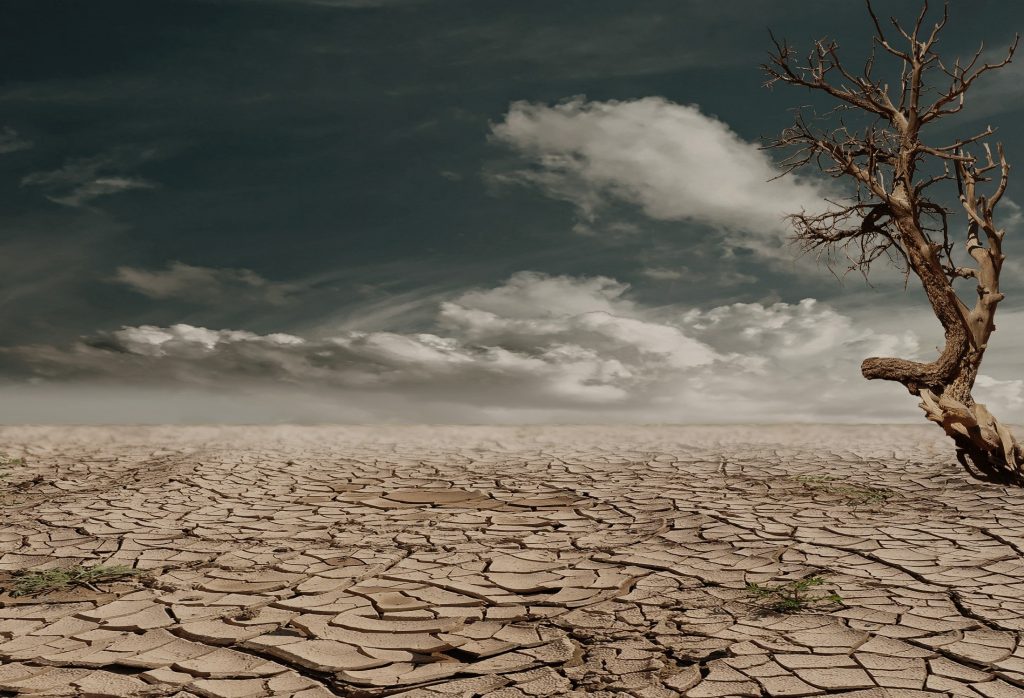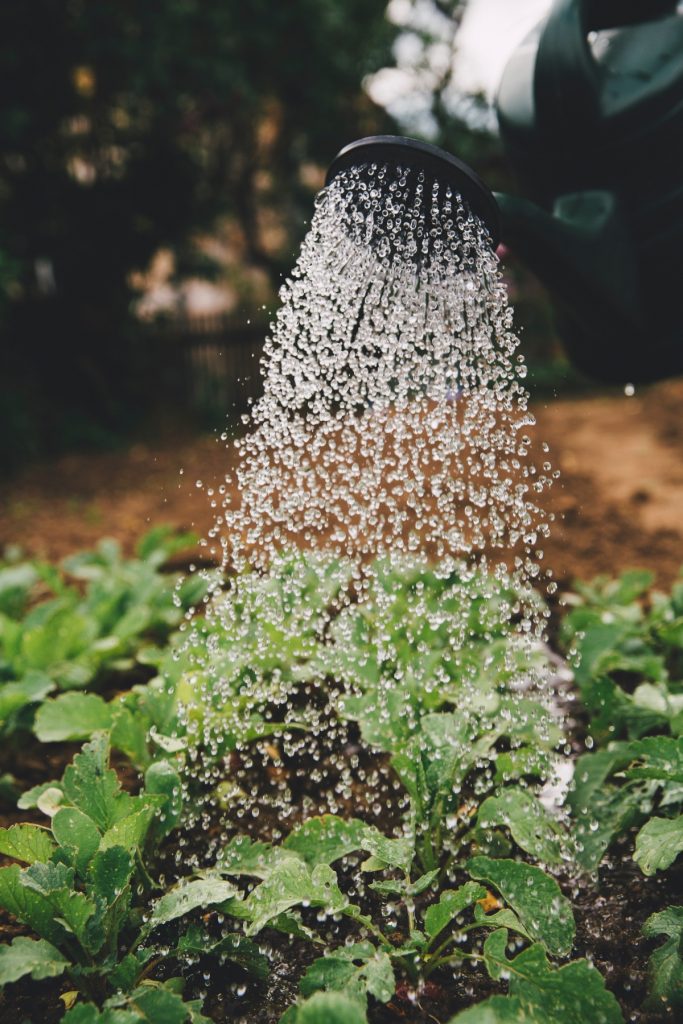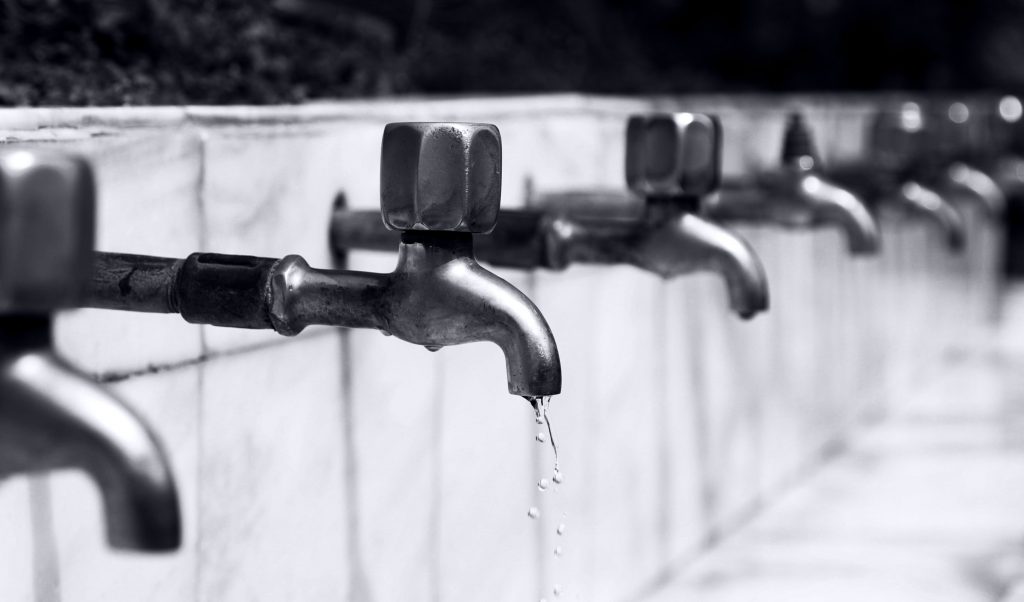5 Unexpectedly Easy Ways to Conserve Water (And Why You Should)
It’s hard for those who live in countries with (relatively) reliable infrastructure to consider water a finite resource.
The world is covered in water, after all. Water comes from the tap whenever you turn it on. Scientists are working on more efficient ways of taking the salt out of saltwater so we can drink it.
The problem ought to fix itself eventually, and even if it doesn’t, we’ll be long gone before it becomes a real issue. Right?

Photo by Pixabay from Pexels.
Well, the EPA estimates that many states will experience water shortages by 2024, and some states like California are acting now. Governments implemented water restrictions and legislation regulating water in countries where water scarcity is more acute, like South Africa and Australia. And even in areas that aren’t known for being particularly arid, alarming data shows that droughts are extending longer.
All this means we have to counteract our global water crisis now. But with so many dire issues vying for our attention, it’s easy to feel like this is just one more instance where our actions can’t effect change.
But you’ll be happy to hear that one person can have a lot of impact on water conservation.
In fact, households that conserve water can see tangible results not just on their utility bills, but also in their immediate surroundings. Water scarcity is one facet of the leviathan that is climate change where the actions you take will make an impact.
So, give yourself an easy win and conserve water. Here are five unexpectedly easy ways you can conserve water today:
1) Fix your leaky faucets. Take this 30-second quiz from the United States Geological Survey to find out approximately how much your leaky faucet is costing you. Although one drop of water doesn’t seem like it could cause much harm, over time, that drip is wasting water that could be used elsewhere.
2) If you like spending time in your yard, update your landscaping to be more water-efficient and drought-resistant. For example, one neighborhood in Colorado saved 15 million gallons of water in one year by replacing their lawns with indigenous flora. If that sounds like too much work, you can also take some inspiration from our friends in Africa and install a simple rain catchment barrel to use for watering your plants. According to the EPA, if you’re lucky enough to have an automated lawn irrigation system, it’s most likely your household’s biggest water expenditure. Even watering your lawn less often if you’re not ready to stop your irrigation system entirely will save a significant amount of water.

Photo by Marcus Spiske from Unsplash.
3) If you don’t like using your precious time landscaping, then take a more passive approach and try NOT to have the most beautiful lawn in the neighborhood. Water your lawn less and let nature take over (or even just let it run wild in certain sections). As well as saving water, this will also provide a better natural habitat for your local wildlife. It also means less time mowing your lawn and more time doing things you enjoy. Tip: If your neighbors or community Facebook groups complain about this approach, tell them it’s for the betterment of our planet.
4) Install WaterSense conversion kits on your showers, sinks, and toilets. If you’re feeling ambitious, you could replace all your water-emitting house fixtures with higher-efficiency models, but we’re going for easy and cheap in this era of pandemic fatigue and crisis overload. These conversion kits are affordable on most budgets and simple to install (with the help of experience, a handy loved one, or a short YouTube video). The EPA says I could save 10,000 gallons of water a year by making this update. How much could you save?

Photo by PS Photography from Pexels.
5) Be aware of when your tap is running. This one takes some getting used to, but it can be eye-opening. These few seconds of wasted water add up quickly.
- Brushing your teeth. Do you leave the water on between wetting your toothbrush and rinsing it off?
- Washing your hands. We’re all supposed to be scrubbing for at least twenty seconds nowadays, and that’s a long time for water to flow straight down the drain.
- Washing the dishes. Do you start the tap when you start washing and only turn it off once you hang up the towel again? Do you rinse each plate rather than just scraping bits of food into the trash?
Water is so important to all of us, but, currently, only scarce to some. We at The Water Project know all too well the costs and consequences of water scarcity on individuals as well as on communities, countries, and continents. To best share our planet and give everyone a better chance at a prosperous future, we must claim what responsibility we can to conserve water. Luckily, the methods to ensure a water-savvy future aren’t too difficult or costly to manage.
Home More Like ThisTweet